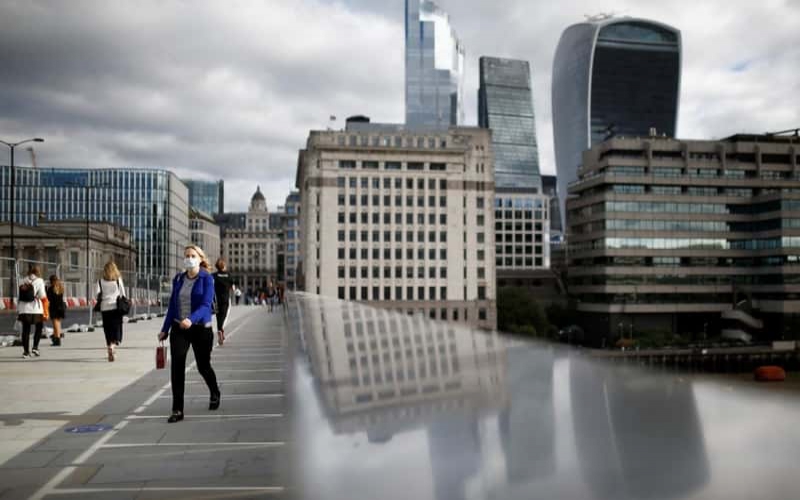×
The Standard e-Paper
Smart Minds Choose Us

Britain suffered a record collapse in economic output in the second quarter of 2020 when COVID-19 lockdown measures were in full force, though the decline was slightly smaller than first estimated.
Gross domestic product shrank by 19.8 per cent in the three months to June, the Office for National Statistics said, slightly less than the initial estimate of a quarterly 20.4 per cent crash but still more than for any other major advanced economy.